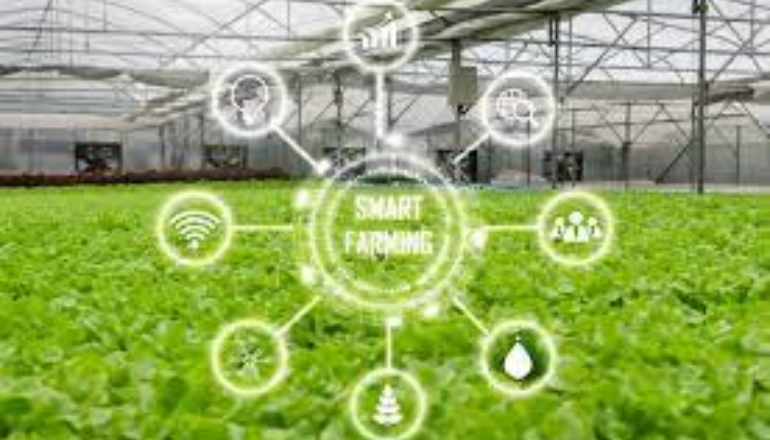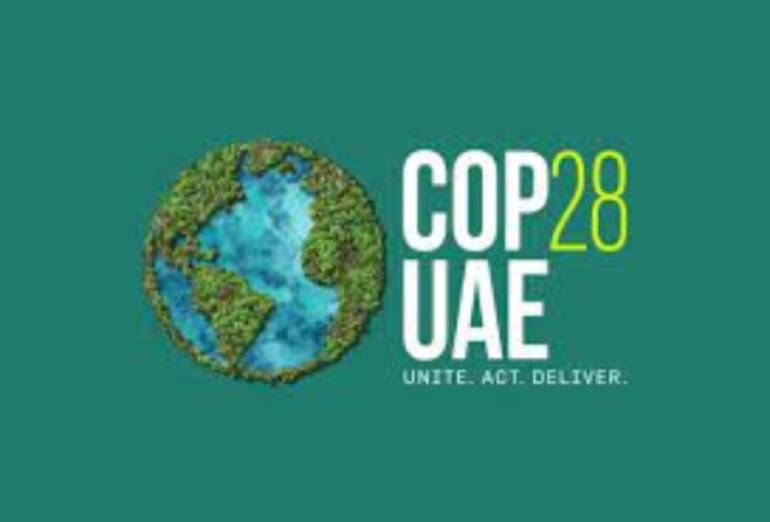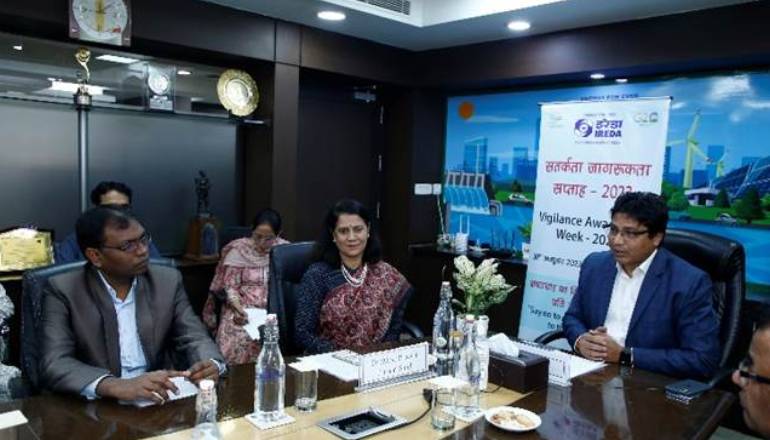IFC, a member of the World Bank Group, and HSBC Asset Management (HSBC AM) are launching a specialized fund vehicle for the emerging markets (EMs).
The fund will support the existing HSBC Global Emerging Market Corporate Sustainable Bond Strategy and invest in publicly listed bonds issued by corporate and financial institutions in emerging markets.
The partners are planning to invest in key areas such as sustainable technologies and social impact.
HSBC’s Global Emerging Markets Corporate Sustainable Bond strategy aims to positively impact environmental, social, and governance by investing in UN SDG-compliant bonds and bridging financing gaps for EM corporate issuers.
IFC will support the strategy with a proposed $100 million anchor investment in the fund.
It will be classified as Article 9 under the Sustainable Finance Disclosure Regulation (SFDR)—its highest level of classification in terms of sustainability, IFC said in a press release.
While emerging market countries comprise more than 80% of the world’s population, they capture a much smaller share of global financing. Significant investment is needed to advance and accelerate their transition to a sustainable future, the companies said in a press release.
“By aligning with SFDR Article 9, which places a strong emphasis on issuer-level sustainability and transparency beyond just an issuance’s use-of-proceeds, the HSBC corporate bond strategy will support the growth of sustainable businesses and accelerate their green transition,” said Mohamed Gouled, Vice President of Industries, IFC.
“IFC’s investment is expected to mobilize additional institutional investors and increase the pool of capital dedicated to sustainability-related transactions in emerging markets.”
Nicolas Moreau, CEO, HSBC Asset Management, said, “We are pleased to expand our partnership with IFC, which dates back to 2019 following the launch of HSBC Real Economy Green Investment Opportunity GEM Bond Fund (REGIO)2, as we reinforce our contribution to improved sustainability in emerging markets and help support our clients’ sustainable investment objectives. We hope this collaboration demonstrates the financial market opportunity in funding sustainability to help bridge the financing gap for EM corporate issuers whose activities are aligned with and positively contribute to the UN’s Sustainable Development Goals.”









